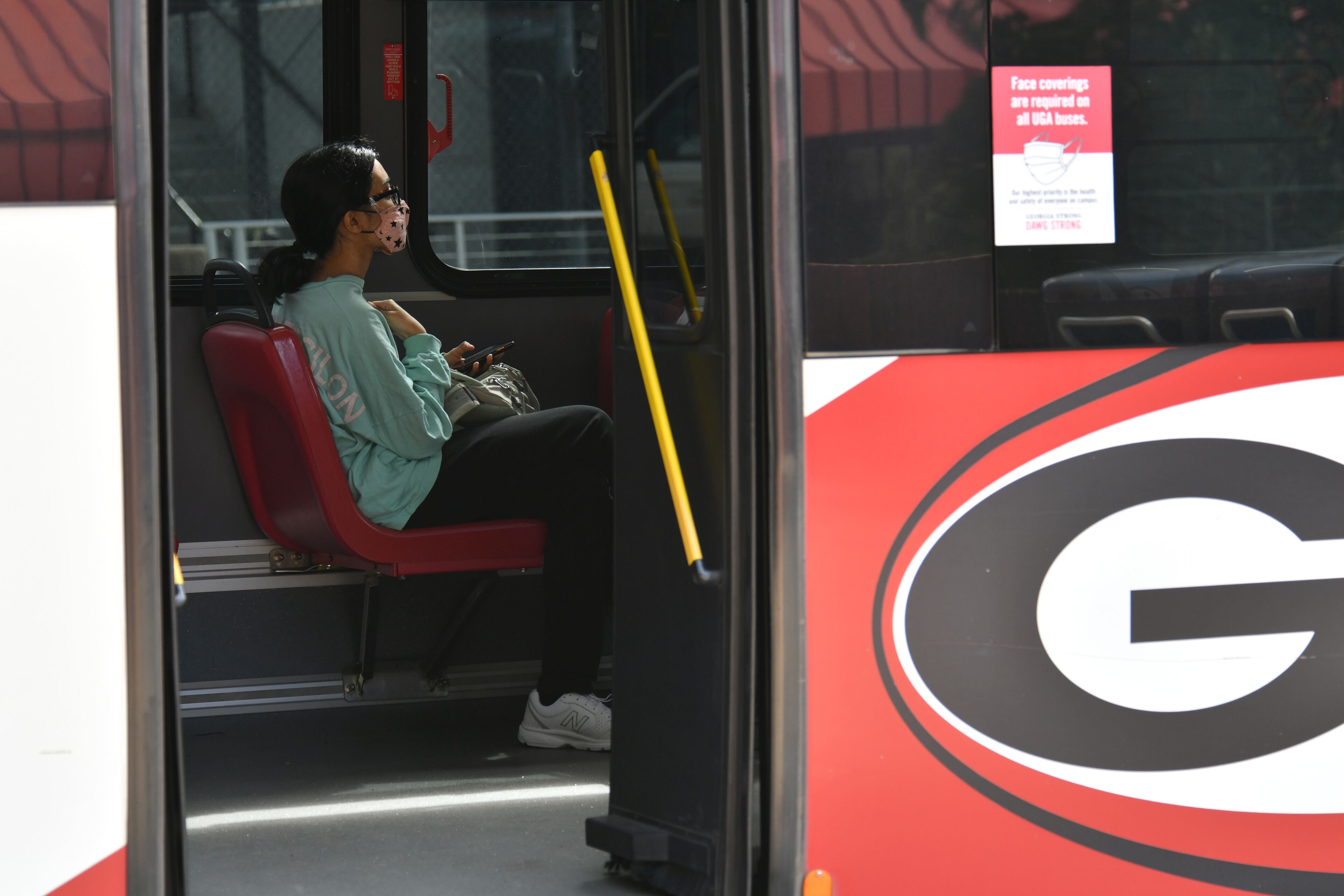Students sue University System of Georgia for tuition, fees
Georgia Tech and the University of Georgia should return a portion of the tuition and various fees to students who had to take classes online when the coronavirus pandemic began in March, according to two class action lawsuits filed Monday.
The lawsuits, filed in Fulton County Superior Court, say the students did not receive the full educational experience they anticipated when they paid their tuition and fees before in-person instruction ended and they had to leave campus.
“You should not get the students’ money if you don’t provide the service,” Lee Parks, an attorney representing the students, said in an interview Tuesday.
The University System of Georgia, which oversees operations at the two schools and Georgia’s other public colleges and universities and is a defendant in the lawsuits, said it does not discuss pending litigation and declined comment.

Similar lawsuits were filed this year against many of the nation’s colleges, including Georgia schools such as Emory and Mercer universities and the Savannah College of Art & Design. Emory and other universities have argued these cases don’t recognize the effort administrators made to continue educating students when the pandemic began. They also say the courts have traditionally refused to consider lawsuits that would subject colleges and universities to judicial review of discretionary academic and instructional decisions.
More than 75,000 students attended UGA and Georgia Tech during the spring 2020 semester. Parks said many of those students took out loans to pay tuition, which was about $15,000 that semester for out-of-state students who took a full load of classes. Georgia Tech and UGA have the highest tuitions for out-of-state students among the University System’s 26 schools.
Students also pay mandatory fees for several services, such as transportation, athletics and health. Some lawsuit plaintiffs said they paid about $1,000 in fees for the spring semester.
The state’s Board of Regents in April approved a University System plan to give refunds to students for housing and dining hall costs. The system estimated the refunds would cost about $200 million.
Parks said students should have received full refunds for other fees.
“If you purchased a first-class ticket to fly across the country and the airline provided you a seat in coach, you don’t expect to pay the full first class fare just to support the airline. This case is no different,” Parks said in a statement. “These students are simply asking to get the money back for the things that they did not receive which the majority took out loans to pay.”



